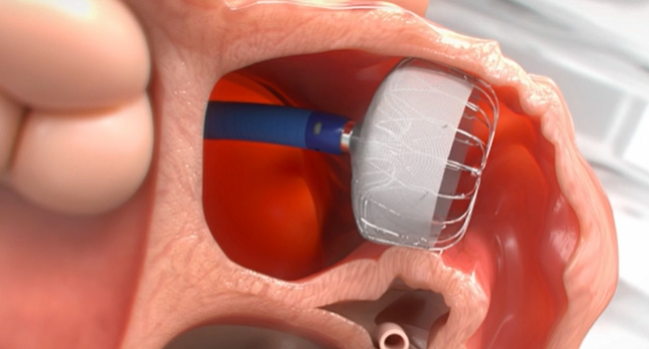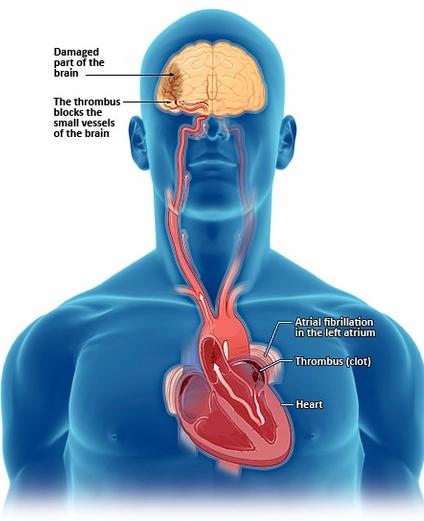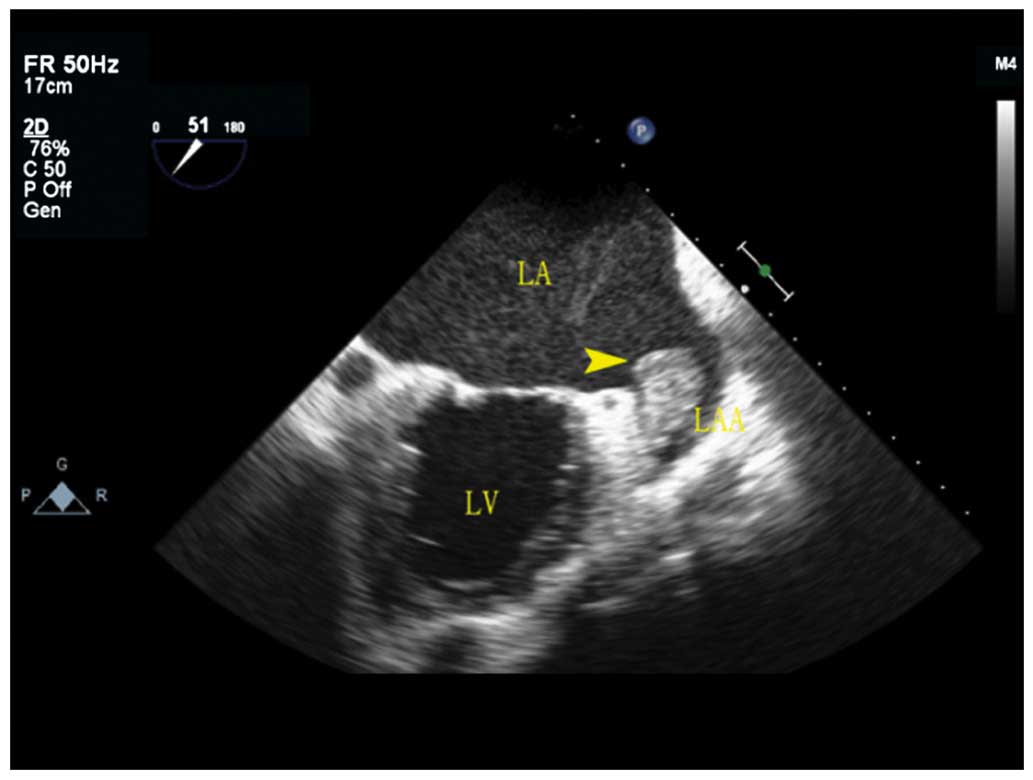Afib Medications
Magnesium is a crucial nutrient that we usually get through a balanced diet of eggs, leafy greens, and shellfish. Magnesium is critical in many bodily functions and has a relaxing effect on the muscles. With such benefits, magnesium has been posited as a possible way to prevent or minimize the occurrence of Atrial Fibrillation or AFib episodes.
Should I take Magnesium?
Let’s start with who should and shouldn’t take magnesium. Ultimately, this revolves around deficiency. If you are told that you have a magnesium deficiency based on your blood work, you should start supplementation as your doctor prescribes. As we’ve said above, magnesium is crucial in many bodily functions and should be within normal limits.
On the other hand, if you do not have a magnesium deficiency, you should speak to your primary care physician to discuss whether a magnesium supplement is appropriate for you before trying it. While many patients take magnesium without a deficiency, it’s always best to understand what you’re taking and why.
Magnesium-Rich Foods vs. Supplements

A bottle of magnesium supplements placed beside magnesium-rich foods, including leafy greens, nuts, and avocado.
Before reaching for supplements, it’s always best to consider natural sources of magnesium. Incorporating magnesium-rich foods into your diet can be a more balanced way to boost magnesium levels without risking an overdose. Some excellent sources of magnesium include:
- Leafy greens (like spinach and kale)
- Nuts (such as almonds and cashews)
- Whole grains
- Legumes (like black beans and lentils)
- Avocados
Can Magnesium Help Prevent AFib Episodes?
There is growing evidence that magnesium supplements may benefit some patients with AFib, particularly those who have low magnesium levels (a condition known as hypomagnesemia). Studies suggest that magnesium can help stabilize heart rhythm, potentially reducing the likelihood of an AFib episode. Additionally, magnesium supplements may help with blood pressure management, another important factor for AFib patients.
That said, the effectiveness of magnesium supplements for AFib varies from patient to patient. While magnesium can help restore normal heart rhythm in some cases, it’s important to consult with your doctor before starting any new supplement, as excessive magnesium intake can lead to other complications, including low blood pressure and irregular heartbeats.
Magnesium and Medication Interactions
If you’re considering taking magnesium supplements for AFib, it’s crucial to consult with your healthcare provider first. Magnesium supplements can interact with certain medications, including blood thinners, antibiotics, and diuretics. Additionally, high doses of magnesium may lead to side effects such as diarrhea, nausea, and stomach cramps.
If you are on medication for atrial fibrillation, be sure to ask your doctor if magnesium supplementation is safe and appropriate for you. Your doctor may recommend magnesium through diet or a carefully controlled supplement regimen.
If, after speaking to your primary care physician or dietitian, you believe that magnesium is safe to take and wish to do so, there is probably no harm. Perhaps a short trial to see if it works for you could be done, as long as your physician is in agreement with it.
We look forward to assisting you with any irregular heartbeat issues you may have. Call us to schedule a consultation with Dr. Osorio, get a diagnosis, and develop an appropriate treatment plan.
Dr Jose Osorio
Miami, FL
Read more about AFib:
Can Weight Loss Drugs Like Wegovy, Mounjaro and Zepbound Help Atrial Fibrillation (AFib)?
Improving Success Rates for Afib Ablation by Building a Learning Collaborative – Dr Jose Osorio
What are the success rates of Afib Ablation? How do physicians know the chances of success?









